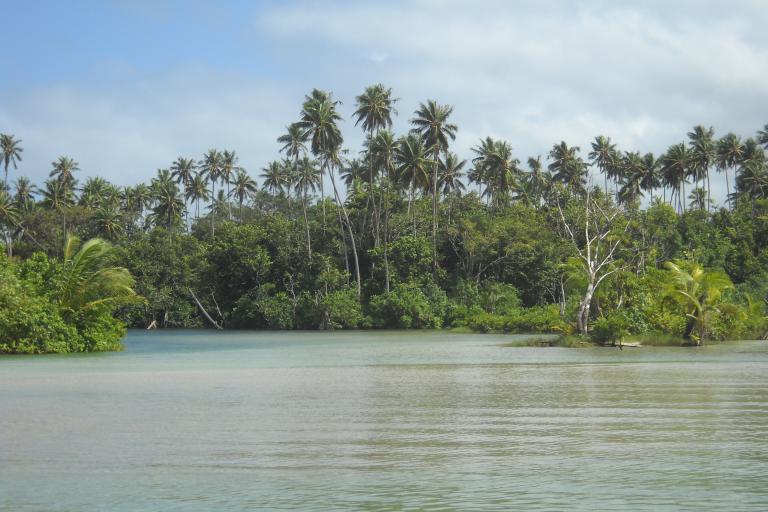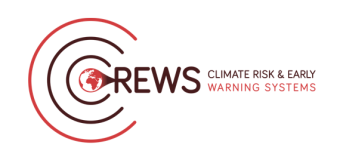

- Climate Resilience and Adaptation
- Disaster Risk Reduction
- Capacity Development
Project background
Of the 4.3 billion people living in Asia Pacific, it is the 2.3 million inhabiting the Pacific’s Small Island Developing States (SIDS) who face the highest level of disaster and climate risk. The Asia Pacific Disaster Report 2019 rates the risk level as 3 to 4 times that of any other population in the entire region. The World Risk Report 2018 places five Pacific SIDS among its ten most at-risk countries in the world. The Pacific is on the frontline of the climate crisis.
CREWS Pacific SIDS 2.0 is the second regional CREWS Project in the Pacific. This project is an extension of the CREWS Pacific SIDS project (2017-2021) and aims to upscale its efforts in the Pacific Region. CREWS Pacific SIDS 2.0 seeks to strengthen existing early warning systems that are part of the region’s stronger and more comprehensive human security and resilience agenda. The project will be led by WMO, working closely with CREWS implementing partner UNDRR.
The project contributes to the SENDAI Framework for Disaster Risk Reduction and to the UN Sustainable Development Goals, WMO’s Long-Term Goals and Strategic Objectives, the Kainaki II Declaration, as well as the priorities of the Pacific Islands Meteorology Strategy (PIMS) 2017-2026.
Objective(s)
To enhance the effectiveness and inclusiveness of Pacific Island and Regional Early Warning systems for local and vulnerable populations by improving early warning capabilities of national and regional hydro-meteorological centres and strengthening existing governance structures.
Outputs
The project is structured around five main components:
- Improved governance
- Enhanced product development and accessibility
- Enhanced service delivery
- Enhanced communication and awareness programmes on Early Warning Services (EWS)
- Improved integration of gender including people living with disabilities across the EWS chain
- Region:
- Region V: South-West Pacific



